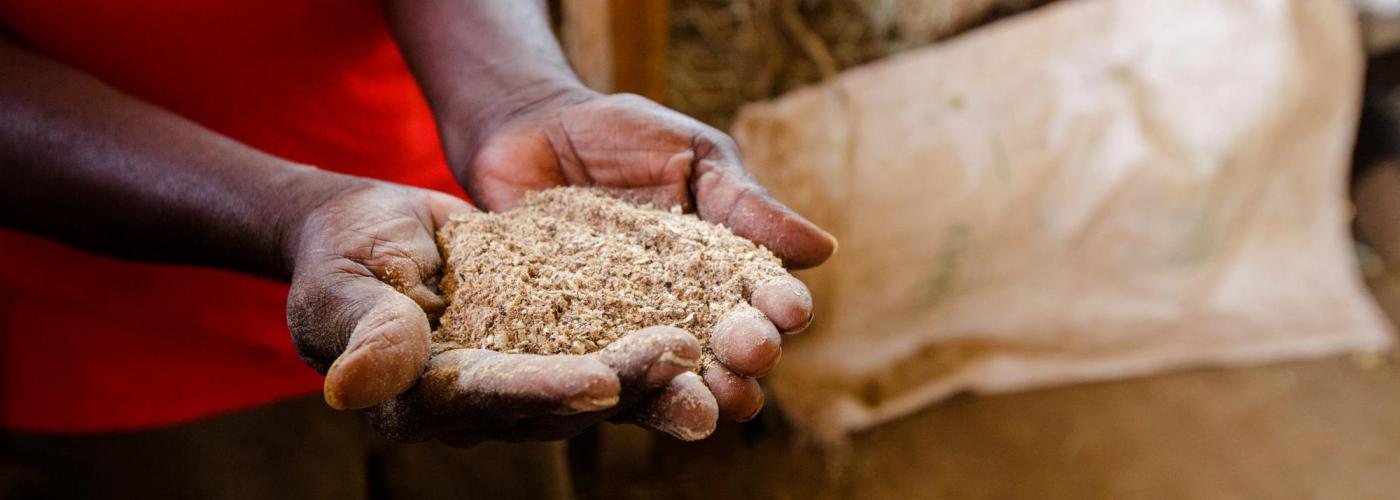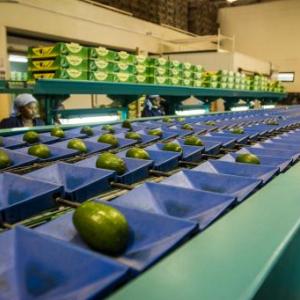Why Contracts Matter for Agriculture Development in Mali
Image

In the second post of our market systems blog series, we look at how enabling environment issues surrounding contracts affect market systems outcomes in Mali’s grain trade. For more on the enabling environment and market system development relationship, view the series' kickoff post, Measuring Business and Enabling Environment Change in Market System Development.
Growth in Mali’s agriculture sector dropped following a civil war beginning in 2012. After five years, however, the country is normalizing and development actors around the world are re-focusing interventions, prompting them to revisit and redevelop strategies from 2012 in the context of 2019.
To this end, USAID/Mali recently asked the Feed the Future Enabling Environment for Food Security (EEFS) project to revisit its 2012 value chain-specific commercial legal, regulatory analysis to assess priorities for reform to support the business of agriculture in Mali. EEFS’ new study addresses key elements of its 2012 analysis, including how staple grain crops were traded — notably, maize.
In 2012, Mali’s grain trades in Niono were largely conducted through verbal commitments. Where buyers and sellers maintain a long-term relationship – through business, kinship, or other connections — trust can serve as a crucial means of ensuring that each party performs their promises. Asking for a contract in Niono in maize trading in 2012 was tantamount to expressing distrust, regarding the other party as a potential cheater. Granted, this cultural taboo did not dissuade the 10-30 people per month from bringing breach of contract actions for agricultural cases in the court in Niono in 2012. But lack of evidence in these informal contracts disputes made it costlier and lengthier than those with written contracts.
What Has Changed in Grain Trading Since 2012?
The new study found that grain trading in Mali has evolved since 2012. Projects, nongovernmental organizations, and public services have organized and trained groups — both farmers and traders — on basic business practices, prompting both groups to change their practices. Grain trading contracts can be used as collateral in Mali, as they allow third parties to rely upon the expected income from the contract as collateral, enabling finance for inputs and operating capital. And with increased sophistication in business operations, demand for formal contracts has begun to take hold.
Despite the growing demand for more formalized contracts for grain trading, barriers remain, including:
- Illiteracy. Many farmers and traders alike are illiterate. They therefore often cannot understand or effectively engage in written engagements between themselves and their partners without assistance.
- Challenges related to respecting contractual commitments. Variable year-to-year production yields prevent farmers from making firm written commitments because they are not sure they will produce a tradable surplus. Support organizations educate farmers and traders to overcome this constraint as well as lift cultural barriers that construe contracts as a breach of trust.
- Judicial capacity. For two months in the summer of 2018, Mali’s judiciary called a strike nationwide, with judges and court personnel protesting issues related to their wages and working conditions. Such institutional incapacity can erode trust in the competence of the judiciary to promptly resolve agricultural disputes.
Strengthening Grain Contracts in Mali to Achieve Agriculture Development Results: 2019 and Beyond
The new study identified the following areas to target for reform:
Develop easily understandable, standardized contracts for cereal traders. Simplified grain trading contracts empower professional traders and farmers in Mali. Importantly, written and enforceable contracts allow third parties to rely upon the contracts, such as a lender or an insurer. Farmers are able to approach financial institutions, input dealers, and other third parties to gain access to an array of products and services they need to operate and grow their businesses. However, contracts can be lengthy and difficult to enforce. Reforms that simplify contract language and enforcements, such as through community-mediated processes, will go a long way to building up the agricultural economy.
Continue training and technical assistance for writing and understanding contracts. Since 2011/2012, a perceptible evolution toward written contracts has occurred, but small-scale farmers and traders need continued assistance to take advantage of the transparency and accountability that contracts bring. This is particularly the case as actors broker relationships with financial institutions that enable them to access loans and credit they need to run their farming and trading businesses.
Focus on alternative dispute resolution rather than courts. Slow, burdensome processes, high costs for even relatively simple claims, and low-quality index scores suggest fundamental challenges exist for contracts enforcement through Mali’s courts system. Other options for contracts enforcement, such as alternative dispute resolution that recently passed in Mali, have numerous potential benefits for more expedient resolution of disputes.
Mali can make quick, relatively simple reforms to boost itself from fragile stability to strong trading partner by focusing on simplifying and enforcing grain contracts.


